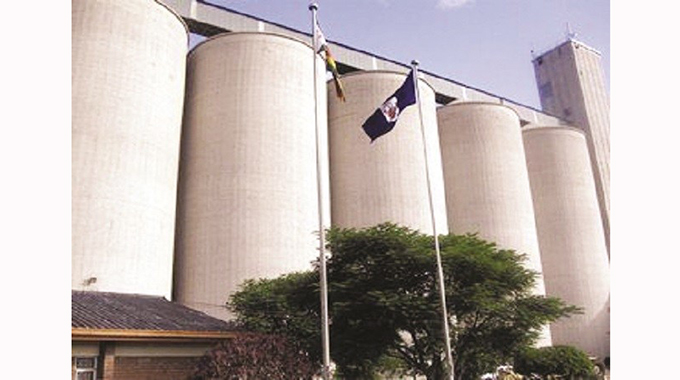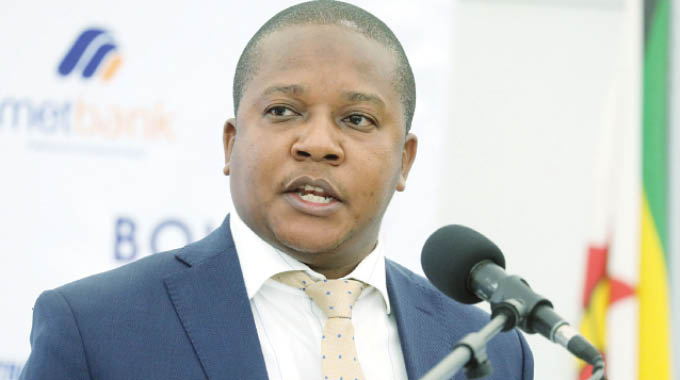Zimbabwe – Telling story of the hunt

Nduduzo Tshuma Political Editor
THE conferment by Government of one of King Lobengula’s generals Mtshana Khumalo, whose Imbizo regiment on 1893 defeated the Wilson patrol, with National Hero status among other initiatives in capturing the history of Zimbabwe is a very important step towards preserving the national heritage.
On December 4, 1893, King Lobengula’s army led by strategist Khumalo, killed Major Allan Wilson and his men at the Battle of Pupu in Lupane, blocking the attempted capture of the King by the colonialists.
Khumalo was supported by other regiment commanders like Maqhekeni Sithole, Fusi Khanye and Magibidwane Hlabangana.
While the honouring of Khumalo is welcome, Government should also consider immortalising other generals of King Lobengula’s army whose regiments also took part in the resistance war against the raid.
For years, little had been done to immortalise the heroes that first waged resistance against the colonialists but the Second Republic led by President Mnangagwa has revisited that issue to immortalise prominent persons in the history of the country including General Khumalo.
The move by the Government typifies a popular quote by renowned author, the late Chinua Achebe who said: “Until the story of the hunt is told by the lion, the tale of the hunt will always glorify the hunter.”
The quote raises an urgent need for Africans to tell their history otherwise the story of greatness will always glorify imperialists.
Owning the Zimbabwean liberation narrative not only imparts a sense of self on the present and future generations but also captures the collective aspirations of the nation.
Government is in the process of erecting a statue of Mbuya Nehanda in Harare as part of preserving the country’s history and heritage.
Besides honouring eminent members, Government has reviewed the list of national monuments to include liberation war shrines such as the Pupu Shrine, the 1966 Chinhoyi battle site and the Kamugoma massacre site of 1978, in Masvingo among others.
National and Provincial Heroes’ Acres, Assembly Points as well as former detention and restriction centres have also been made national monuments.
Government will also continue to rehabilitate liberation war shrines in neighbouring Mozambique and Zambia.
Addressing a Provincial Coordinating Committee meeting in Gweru at the weekend, President Mnangagwa said it was important to honour all the country’s heroes.
“In August we honoured Gen Khumalo who commanded the Imbizo Regiment, under King Lobengula, that defeated the Allan Wilson Patrol at the Battle of Pupu on 10 December 1893. So, this year, last month, the Second Republic granted Gen Khumalo a National Hero status. That’s how they honour their commanders in other countries. Gen Khumalo is our war hero,” said President Mnangagwa.
“I got a letter on Wednesday, from the grandson of King Lobengula, he was saying thank you President for recognising Mtshana Khumalo my great great uncle. That’s what is done. He didn’t write a letter saying he wanted to be a King but commended us for recognising his grandfather Lobengula’s General.”
The President said the second Republic was unapologetic in preserving the country’s heritage.
He said other countries like the United States have statues of Abraham Lincoln, George Washington and others while France have erected statues of their heroes and the United Kingdom erected statues of Winston Churchill among other luminaries of that country.
“Now we say let’s honour our own Mbuya Nehanda and they say we are backward. No. Whether they like it or not, we will have the statue because she was a revolutionary and Zanu-PF is a revolutionary party.
“Some clerics ask us why we are having the statues but we never heard them demanding the removal of David Livingstone at the Victoria Falls or at the entrance at Munhumutapa building, as you enter the building, there is a statue of David Livingstone. We’ve never heard a single church asking for the removal of the statue but they don’t want the one for Mbuya Nehanda,” he said.
The history of Africa, Zimbabwe included, has either been deliberately distorted or ignored by historians linked to imperialists hence the importance of what the Second Republic has done cannot be over emphasised.
Speaking during his Heroes’ Day address last month, President Mnangagwa said other distinguished heroes and heroines of the First Chimurenga/Umvukela such as Sekuru Kaguvi, Chaminuka, Mkwati, Queen Lozikeyi Dlodlo, Chinengundu, Mashayamombe, Mgandani Dlodlo, Chiwashira, Muchecheterwa, Chingaira Makoni, and Mapondera, among others, will be accorded appropriate recognition.
From the Second Chimurenga/Umvukela, President Mnangagwa said, the late General Josiah Magama Tongogara and General Alfred Nikita Mangena, Cde Robert Gabriel Mugabe, Cde Joshua Mqabuko Nkomo and Cde Simon Vengesai Muzenda, among others, will also be honoured.
“We must as a people appropriate our liberation war heritage and shape the narratives by telling our own journey to freedom and independence. As such, my administration shall expedite the documentation of the story of our liberation struggle and the associated historical heritage,” said President Mnangagwa.
“The programme of renaming roads, buildings and prominent public infrastructure with names reflective of the country’s history is ongoing and a key feature of our Liberation War Heritage.”
On the Continental level, efforts are also being made to correct years of disinformation with regard to the history of the continent.
Recently, President Mnangagwa endorsed the production of the Africa Factbook which captures the liberation struggle story, its trials, tribulations and triumphs.
The draft of the book, coordinated by the Institute of African Knowledge chaired by Ambassador Simbi Mubako, was presented to the President at State House and will be officially launched by the African Union chairperson and South Africa President Cyril Ramaphosa later this year.
President Mnangagwa commended the efforts that were put towards the production of the book and the establishment of an African-themed museum.
“Zimbabwe supports the production of the first edition of Africa Factbook. We believe the team responsible for the production did a sterling job that for many generations to come will help in the revival of the African spirit and soul. I am happy to say that they are already well advanced in concluding the third draft which will be the final factbook,” he said.








Comments